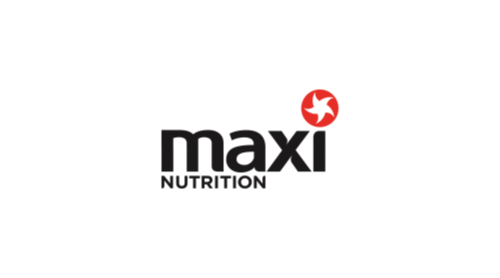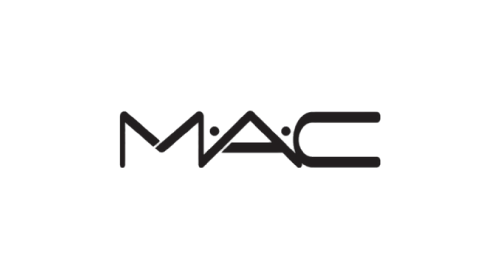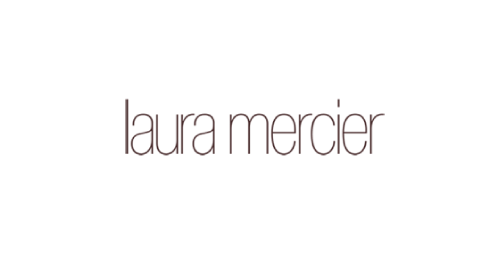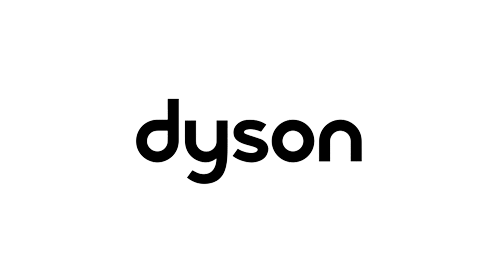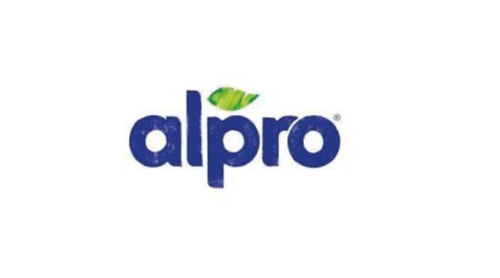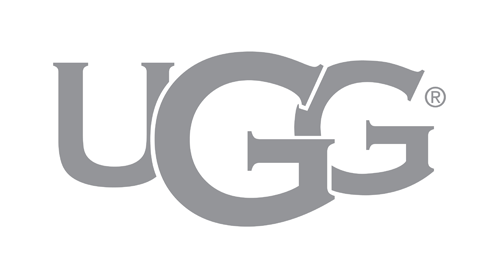It can be a daunting experience starting your own private limited company with seemingly endless forms and red tape standing between you and owning your own business. However it is actually fairly simple and indeed vital if you are to become a successful reseller. The easiest and cheapest way to form your limited company is to complete the necessary forms electronically. This way you save a great deal of money instead of hard-copy certificates all your paperwork is issued in PDF format via email, it also saves time and you can often have your company setup on the same day as your application. There are many companies which deal with business formation; a quick google search of ‘company formation’ should give you a decent spread of what’s on offer. You should look to pay around £25-£30 to form your private limited company and name a couple of shareholders. Several of our members have used www.ukplc.net to form their organisations and we have received some great feedback, so perhaps they are one to try if you are not sure.
Assigning Directors, Secretaries and Subscribers
This all sounds very official but unfortunately is a necessary element of forming your own company; each company formed needs to assign a Director (someone who will take a leading role in the management of the company), a Secretary (person responsible for ensuring the compliance of the organisations financial and legal practices) and a Subscriber (shareholder). Usually a company Director is also a subscriber as being a Director normally means they have some sort of stake in the company. One person can be all three of the above but if a Director is also a Secretary there must be at least two Directors in the organisation. It’s up to you how many shares you would like to issue, most new companies issue 100 shares and split them (if necessary) between the shareholders according to their investment (if applicable) but obviously this is your company – so you can issue shares how you see fit!
Company Bank Account and Accounting
Once your company formation documents have been received you are ready to set up a business bank account from which you can manage your organisations’ cash flow. The banks desperately want your business so make sure you take a good look around before deciding on the outfit that’s right for your company. Once you’ve decided on who you want to bank with, give your bank manager a call and get him to pop in to set up your account. In order to get going he will need your company formation certificate and Memorandum of Association – both of which are standard items you should have received when you formed your organisation. If you formed your company online you will have these documents in PDF format so print them out in preparation for the meeting with your bank manager. Once the paperwork has been completed you’ll get a company debit card, cheque book and paying in book in preparation of all those payments you’ll need to process. During your first couple of months of trading it’s also wise to appoint an accountant. In this instance it’s often best going with someone local, perhaps ask around some of the local businesses to check who they use as a good recommendation is useful when deciding who to trust with your company books. Touch base with your accountant and let them know how your business operates and what you are likely to bank in terms of revenue in your first year. Depending on your situation they are likely to offer sound advice on tax and the financial stream-lining of your organisation. If you’re not averse to keeping a log of your figures then it’s best for you to keep a spreadsheet, updated each month, containing the company’s accounts (detailing expenditure and revenue) for the year and then using your accountant to complete your annual accounts. As a private limited company you will be required to publish your year’s accounts with Companies House every year (on the anniversary of your company’s formation) – again this is something your accountant can help with.
Business Stationery and Corporate Identity
If you will be running the type of business which contacts their clients regularly and bases a lot of its marketing on its corporate image it may be worth investing in a professionally designed corporate ID. Consumers often work on the basis of ‘If a company looks professional then its products and services will follow suit’ – would you buy an item from a shoddily made web-site? Unless you are a handy graphic designer it’s advisable to use a local outfit, perhaps a freelance designer who has minimal overheads and therefore low prices, to design and create your corporate identity. If you use written correspondence and often meet clients or suppliers face to face it is perhaps worthwhile investing in some printed business stationery – business cards, letterheads and compliment slips. You should be looking at around £100 on the design side (this obviously does somewhat depend on your requirement) with a further £500 to cover the cost of professionally printed business cards, letterheads and compliment slips.
Now you’ve got your company set up you’re ready to take advantage of some of the great deals on WholesaleScout.co.uk and start making money!

















